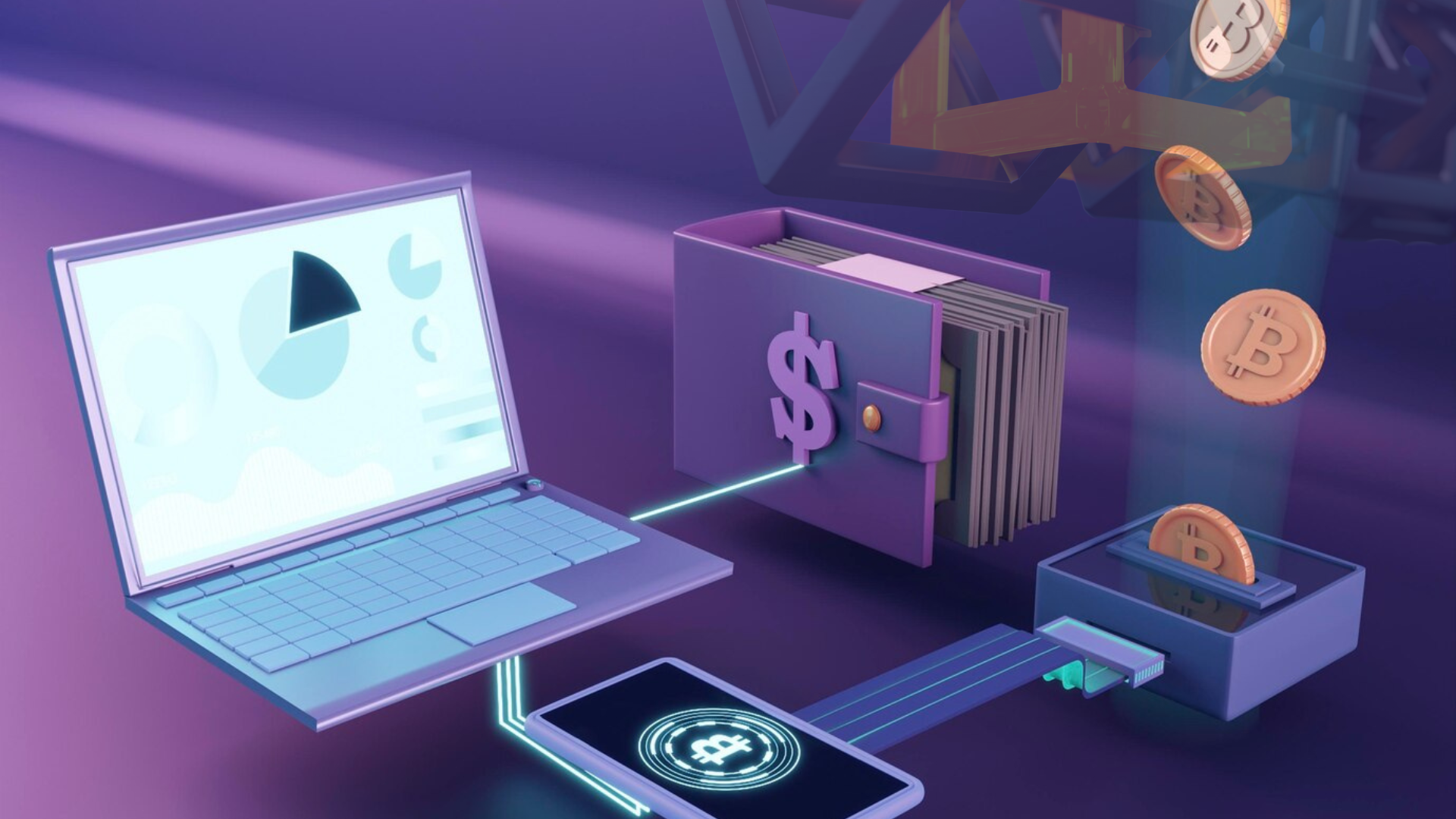
Crypto analyst and long-time Bitcoin advocate Max Keiser has stirred debate with a sarcastic suggestion that the U.S. government could sell states to fund its newly announced Bitcoin strategic reserve. As the idea of a budget-neutral approach gains traction, analysts and traders are actively exploring alternative ways for America to acquire more BTC without taxpayer burden.
Keiser’s Controversial Proposal
In a recent post, Keiser quipped that selling off Maine, Vermont, and Massachusetts could generate funds to bolster the U.S. Bitcoin reserve. While obviously a joke, the remark highlights the ongoing discussion about how the government might fund Bitcoin acquisitions without relying on public tax dollars.
The notion of governments holding Bitcoin reserves is not new, with El Salvador leading the way by actively increasing its BTC holdings. However, the U.S. faces unique challenges, particularly given the size of its economy and existing obligations regarding its crypto holdings.
Alternative Ways to Fund a U.S. Bitcoin Reserve
While Keiser’s comment was tongue-in-cheek, other proposals have surfaced that offer legitimate ways to expand the U.S. Bitcoin reserve in a budget-neutral manner:
- Auctioning Naming Rights to Landmarks
A recent crypto.news op-ed suggested auctioning naming rights to national landmarks, parks, rivers, and lakes to raise funds. The concept mirrors the sports industry, where stadium naming rights generate significant revenue. Notably, Crypto.com already acquired the naming rights to the Staples Center in Los Angeles, and Trump has previously renamed the Gulf of Mexico to the “Gulf of America.” Applying this strategy to natural landmarks like the Mississippi River or the Great Lakes could attract major crypto sponsors willing to pay in BTC. - Selling Federal Assets
Bitcoin analyst Jimmy Song has proposed selling federal assets such as land, gold, and unused government buildings. While this would require Congressional approval, it could generate substantial funds for Bitcoin purchases. Song also floated the idea of privatizing public services such as the postal service or Amtrak to free up capital for BTC investments. - Leasing Mineral Rights on Federal Land
Another strategy involves leasing mineral rights on government-owned land, allowing private enterprises to extract resources while paying fees in Bitcoin. This could serve as an innovative way to monetize existing assets without outright selling them. - Government-Supported Bitcoin Mining
Muse Labs founder Jiang Jinze suggested that the U.S. government could begin mining its own Bitcoin, similar to Bhutan’s state-supported mining operations. This method would allow the government to accumulate BTC over time without direct purchases, leveraging the country’s energy resources.
Assessing the U.S. Bitcoin Holdings
Currently, analysts estimate that less than half of the 200,000 BTC held by the U.S. government can be considered true reserves, as a significant portion must be returned to various entities. In January, a federal court ruled that 94,643 BTC stolen from the 2016 Bitfinex hack must be returned to the exchange.
The U.S. has also historically auctioned off its Bitcoin holdings. In 2014, the government sold 29,655 BTC in a sealed bid to financier Tim Draper for around $18 million—Bitcoin now worth approximately $2.7 billion. Keiser sarcastically suggested that Draper should return the Bitcoin as a goodwill gesture to the nation.
The Road Ahead
With the White House Crypto Summit approaching, and the official establishment of a Bitcoin strategic reserve, the conversation around how to fund it in a sustainable and budget-neutral manner is gaining momentum. While selling states is off the table, creative financial strategies may play a key role in shaping America’s approach to Bitcoin adoption on a national scale.


























































































































































































































































































































































































































































































































































































































































































































































































































































































































































































































































































































